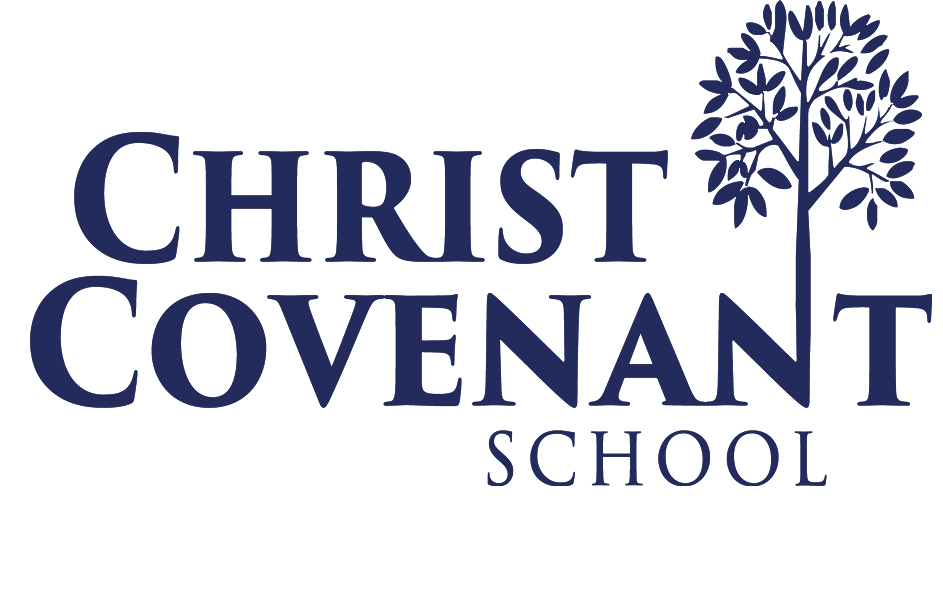Why Classical?
Why Classical Education?



Compare Classical Christian and Modern Emphasis
Classical Christian education is critical thinking oriented. The emphasis is on reasoning skills, wisdom, and training the mind. These are broad skills that can be used in higher education, the workplace, and the home.
Modern education is workforce oriented. Schools must impart job skills of value to particular industries. This early job training may not apply to other industries and often ignores reasoning and other higher level skills.



Compare Classical Christian and Modern Morals
Morally stable.
There are Biblical standards of right and wrong, good and evil, that children must learn and come to value.
Morally relative.
All moral positions are equally valid, though some may be more risky. There are no moral absolutes; what is true for you may not be true for me.

Compare Classical Christian and Modern Methods
Classical Christian education is given to historically proven methods of instruction.
Instruction includes songs and chants for younger students, and engaging questions and answers (Socratic dialogue), debates, and speeches for older students.
Modern education is given to fads.
There are continual cycles of “education reform” in efforts to find best practices. New methods, tests, and materials are frequently rolled out to find something more effective.

Compare Classical Christian and Modern Perspectives
Classical Christian education is balanced.
The humanities, arts, and sciences are all taught for a full perspective of truth, goodness, and beauty. Students are taught to be well rounded and to achieve mastery in all subjects.
Modern education is naturalistic.
Science, Technology, Engineering, & Math (STEM) are most desired. The humanities (language, history, art, literature) are being de-emphasized.
